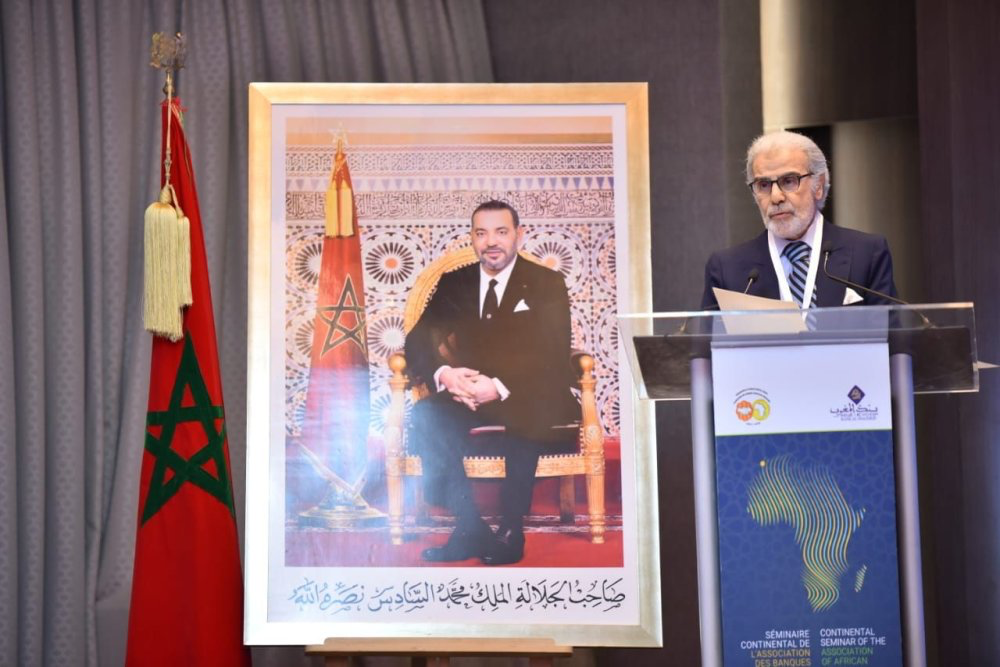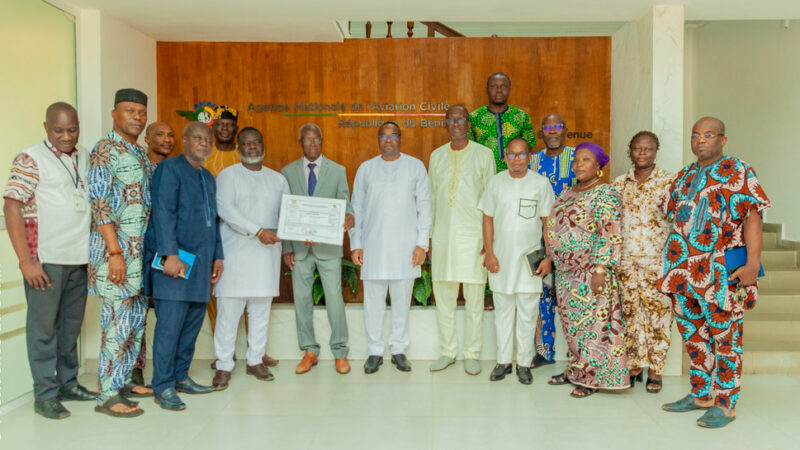Morocco Steps Up Efforts on Digital Currency, with Bank Al-Maghrib (BAM) Leading the Charge

The institution is continuing its research on central bank digital currency (CBDC) and is developing a legal framework for crypto-assets.
Progress in CBDC Experimentation
Bank Al-Maghrib recently confirmed it had completed a successful first pilot phase focused on retail payments between individuals as part of its exploration of a potential national digital currency. A second phase is currently underway, this time targeting cross-border transfers. This initiative is being carried out in collaboration with the Central Bank of Egypt and with technical support from the World Bank.
Regulation of Crypto-Assets and Regulatory Objectives
During a seminar on cyber risks and innovative financial technologies, Bank Al-Maghrib Governor Abdellatif Jouahri announced the completion of a draft law aimed at regulating the use of crypto-assets in Morocco. According to Mr. Jouahri, the goal of this legislation is to protect consumers and investors while ensuring financial stability and market integrity. This effort responds to challenges posed by instruments such as cryptocurrencies and stablecoins, which the Bank for International Settlements (BIS) does not consider compliant with public currency standards.
Preliminary Studies and Strategic Positioning
The Moroccan central bank has conducted in-depth studies with support from the World Bank and the International Monetary Fund. These studies assessed the macroeconomic impacts of a digital currency and its implications for national payment systems. More detailed regulatory analyses are planned in the coming months.
Mr. Jouahri emphasized that a CBDC—whether for retail or wholesale use—could become a credible sovereign alternative to private crypto-assets, while acknowledging the associated risks such as money laundering and banking disintermediation.
Like many African countries, Morocco is actively exploring potential applications of digital currency. This approach comes in a regional context where monetary sovereignty, anti-fraud efforts, and financial inclusion are growing priorities. As a key player in South-South cooperation, the Kingdom is seeking to position itself as both a regulator and innovator in response to the rise of new financial technologies.





